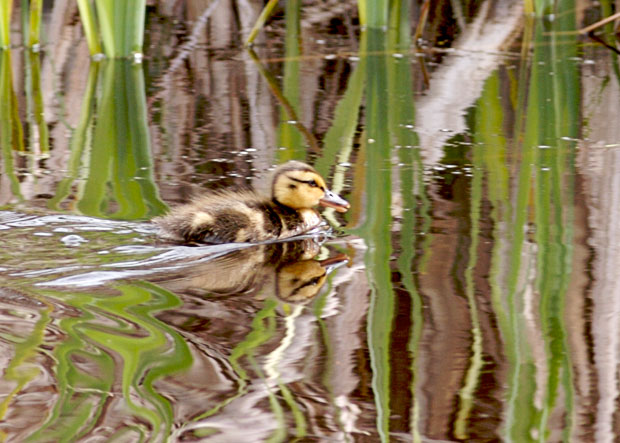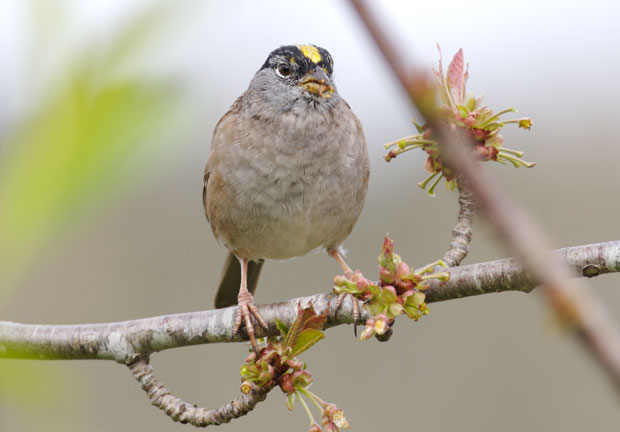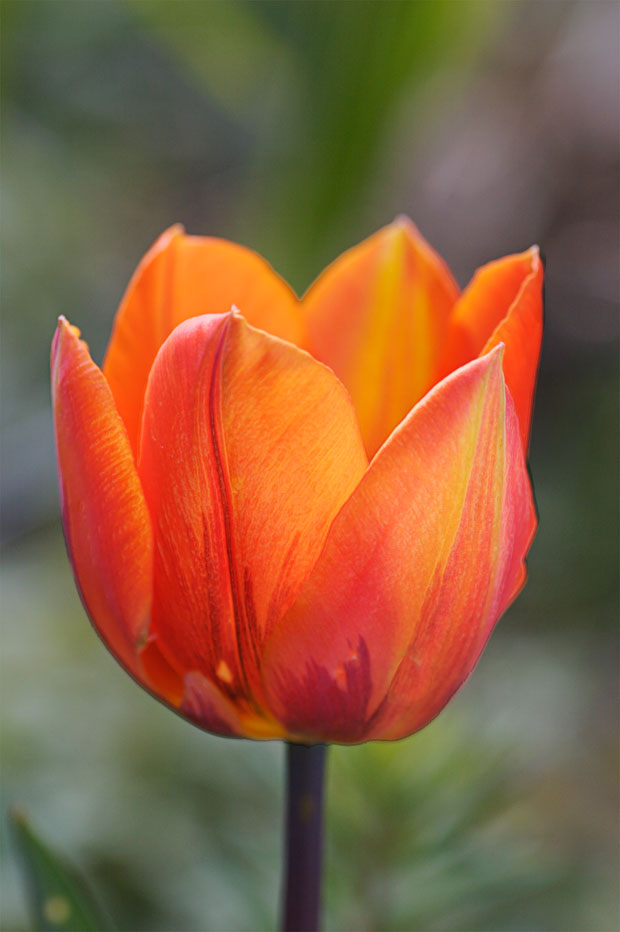I purchased The Collected Poems of Weldon Kees based on Dana Gioa’s essay “The Loneliness of Weldon Kees” in Can Poetry Matter. I was convinced to buy it based on passages like this:
Indeed, his best work has an immediacy not found in the early work of any of his contemporaries, except Bishop and Roethke. possibly it was this simplicity that made him uninteresting to academic critics. For while there are critical problems in Kees’s work – mysteries so deep and painful that the reader cries instinctively for answers- they are not the sort of problems to be clarified by an unimaginative reading or seminar discussion.
Roethke is obviously one one of my favorite poets, and it is his “immediacy” that first grabbed my attention. Since I haven’t found anything like Roethke’s “immediacy” in the first half of Kees’ poems, I’m wondering exactly what Gioia meant by “immediacy.” Looking back at the passage, I wonder if it wasn’t meant more as an assault on “academic” critics than as an accurate description of Kees’ poetry. In my opinion, there are few similarities between Roethke’s poetry and Kees’ poetry.
Later, Gioia compares Kees to Thomas Hardy, another personal favorite:
In its ability to grab the reader’s attention, Kees’s poetry resembles that of our language’s most accomplished novelist-poet, Thomas Hardy. As in Hardy, Kees’s poems often tell a story or describe a character with such straight-forwardness that the reader is swept along to the end. Like Hardy, Kees made his bleak vision bearable by mixing it with black humor. Their darkest poems are often very funny. And, as in Hardy, the reader usually remembers the entire poem as much as particular lines in it. The special quality of Kees’s poetry can, therefore, be seen more clearly in comparison to Hardy than to a writer like Eliot, despite the debt Kees’s work owes to the latter poet.
While I’d concede that Kees is closer to Hardy than to Roethke, his poetry lacks most of the qualities I loved in Hardy. Hardy seemed to empathize with his downtrodden characters, whereas Kees seems to be one of them. In fact I would argue that his poetry is much closer to Eliot’s than to Hardy’s.
The black humor in a poem like
OBITUARY
Boris is dead. The fatalist parrot
No longer screams warnings to Avenue A.
He died last week on a rainy day.
He is sadly missed. His spirit was rare.
The cage is empty. The unhooked chain,
His pitiful droppings, the sunflower seeds,
The brass sign, “Boris,” are all that remain.
His irritable body is under the weeds.
Like Eliot’s world, he went out with a whimper;
Silent for days, with his appetite gone,
He watched the traffic flow by, unheeding,
His universe crumbling, his heart a stone.
No longer will Boris cry, “Out, brief candle!”
Or “Down with tyranny, hate, and war!”
To astonished churchgoers and businessmen.
Boris is dead. The porch is a tomb.
And a black wreath decorates the door.
comes much closer to Eliot’s humor in “J. Alfred Prufrock” than the ironical stance in most of Hardy’s poems. Though what really makes this poem effective might well be Kees lampooning of stuffed-shirt, literary types like Eliot or Pound.
Later, Gioia concedes that Kees’ landscape owes more to Eliot than Hardy:
In mythic worlds there are patterns of action that demand completion, and a fallen world must have its redeemer, be it Christ or parsifal, or even Hercule Poirot. Without its redeemer the landscape and its inhabitants exude a feeling of incompleteness and anxiety. Everything is tentative and temporary. Kees took his mythic landscape from Eliot (just as Eliot had taken it from Baudelaire, James Thomson, and the Grail romances), but Kees adapted it in a tellingly original way. Kees created his own redemption myth, a story as cyclical as an ancient legend. It was the vision of human destiny as an endless succession of heroes who try to redeem this fallen world and always fail.
Here, at least, Gioia, seems right on. In fact, I think that Kees is most successful when he re-interprets Eliot’s landscape in ways most of us can closer relate to:
EARLY WINTER
Memory of summer is winter’s consciousness.
Sitting or walking or merely standing still,
Earning a living or watching the snow fall,
I am remembering the sun on sidewalks in a warmer place,
A small hotel and a dead girl’s face;
I think of these in this higher altitude, staring West.
But the room is cold, the words in the books are cold;
And the question of whether we get what we ask for
Is absurd, unanswered by the sound of an unlatched door
Rattling in wind, or the sound of snow on roofs, or glare
Of the winter sun. What we have learned is not what we were told.
I watch the snow, feel for the heartbeat that is not there.
Lines like “And the question of whether we get what we ask for/
Is absurd” and “What we have learned is not what we were told.” are right on. In fact, one must ask if it isn’t precisely because we were lied to that we didn’t get what we asked for, that we were foolish enough to ask for the impossible and then be disappointed when we didn’t get it. Of course, if were cynical, it would certainly be easy to relate these lines to our Republican friends, if not the Democrats.





